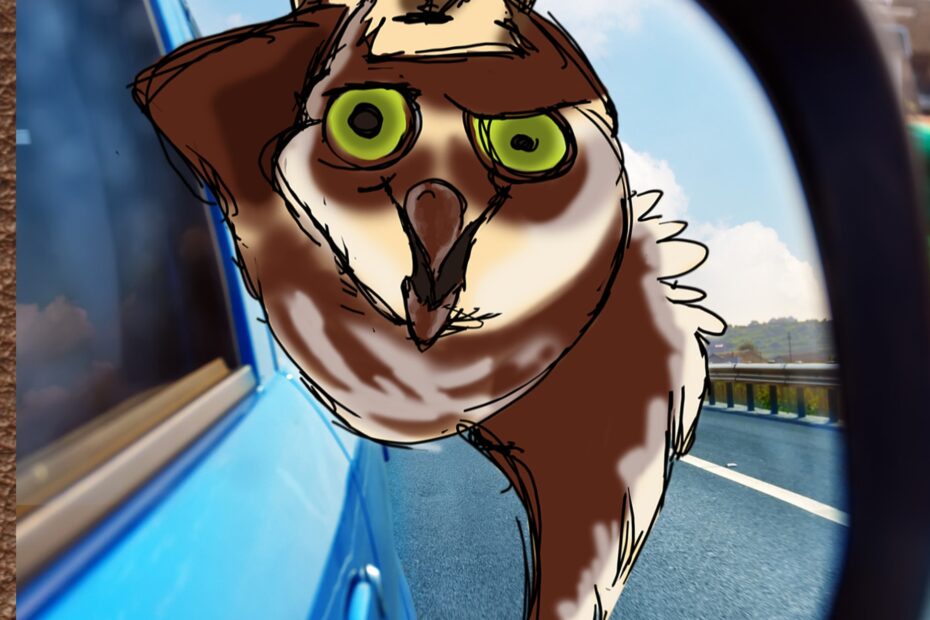by INDIRA CHARUNDER-MACHARRUNDEIRA, Alternate Reality News Service Literature Writer
Literature may not be dead, but it certainly has gotten strange.
The North Southampton Book of the Month and Clam Chowderhead Club, the last of its kind in the western hemisphere, has disbanded over a disagreement over what Joseph Heller’s novel Catch 22 is about.
“I thought the novel was about a world where cute bunnies settle their differences by negotiations driven by mutual respect and a need to maintain a liveable environment,” said Vilis Flawith, one of the founding members of the book club. “Other people who had read it thought Catch 22 had something to do with interstellar wars. How can you have a meaningful conversation with people who are so obviously clueless about the fundamental plot elements of a book?” You could almost hear the shrug in her email.
The problem started with computer programmes that edited the language of electronic books to suit the tastes of readers; they could make Fifty Shades of Grey read like Horton Hears a Who. Or, vice versa. I try not to judge, but ewwwww!
“We have a saying in computer engineering: ‘The soft focus of the charging rhino fractures under the swaying palm trees when the armadillo gets its teeth stuck behind the ottoman.’ That so perfectly sums up what happened with ebooks,” said bagel development mogul Irina Schmeissneckl (not being a computer engineer, she was using the iterational presumptive “We”).
I understood exactly where she was going with that quote, but, uhh, was concerned that it may have confused some of my less computer engineeringy readers, so I asked Schmeissneckl to explain further. Twenty minutes later, she had managed to invoke every animal in the menagerie except those starting with the letter “p,” in a metaphor so breathtaking it may have explained the origins of the universe. Unfortunately, this did not directly deal with the question, since most of us already assumed that the universe had to have begun for the North Southampton Book of the Month and Clam Chowderhead Club to exist to be shut down.
Apparently, once the principle that books could be edited to suit the tastes of readers was established, there was an explosion (more than a quarrel, less than a Tannhauser) of apps that would customize books for readers. Have a specific preference in main characters? Depending upon the ereader app setting you chose, Ulysses could be about the adventures of man, a woman or an ant. Prefer action-oriented narratives? Hamlet kills his scheming father-in-law in the first act; this makes for a much shorter play, which is perfect for Tweetherd-derived short attention spans, but it does require that the Players improvise a new ending for the play-within-a-play. And, most of the middle. And, even a little of the beginning. They have to improvise a lot.
“The more customization options readers had available to them, the greater difference there would be between one version of a book and another,” said an expert to be named at a later date. “If I may make an animal metaphor, it was like -“
No, you may not, I interrupted.
“Even if the animal starts with the letter ‘p?’ Like…lemur…or…or…or…pear…or…or…or…”
The death of book clubs is only one of the consequences of extreme literary customization (which, in terms of danger to the participant, lies between base jumping and getting between a feline and its catnip). For instance, experts cannot agree on the original story portrayed in Catch 22 (because experts); the general consensus is that it was probably about a soldier who has to deal with an insane military bureaucracy during the Peloponnesian War.
Another consequence of extreme literary customization is that all of the books a person reads start to be the same. The last three books Flawith had read, for example, were The Satanic Verses, Murder on the Orient Express and A Brief History of Time. Yet, somehow, they all managed to be about a world where cute bunnies settle their differences by negotiations driven by mutual respect and a need to maintain a liveable environment. How many different times can a person read essentially the same book?
“Twenty-seven,” stated Flawith, who isn’t an expert on anything but was the only person who responded to my questions with something resembling a coherent answer, so I decided to listen to her. “So, I have three or four to go. After that, I think I’ll take up line bowling!”
“…or…or…or…possum!” said the expert to be named at a later date. Unfortunately, the article had already ended. Maybe next season…


